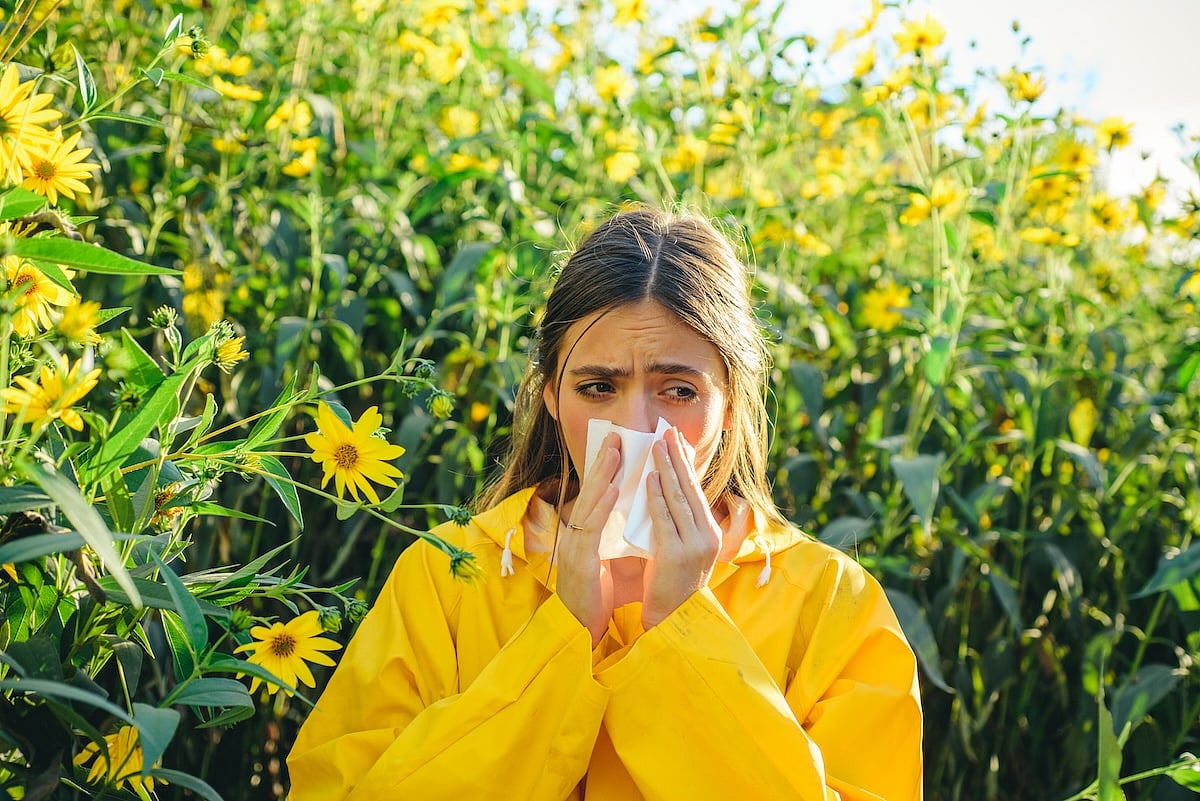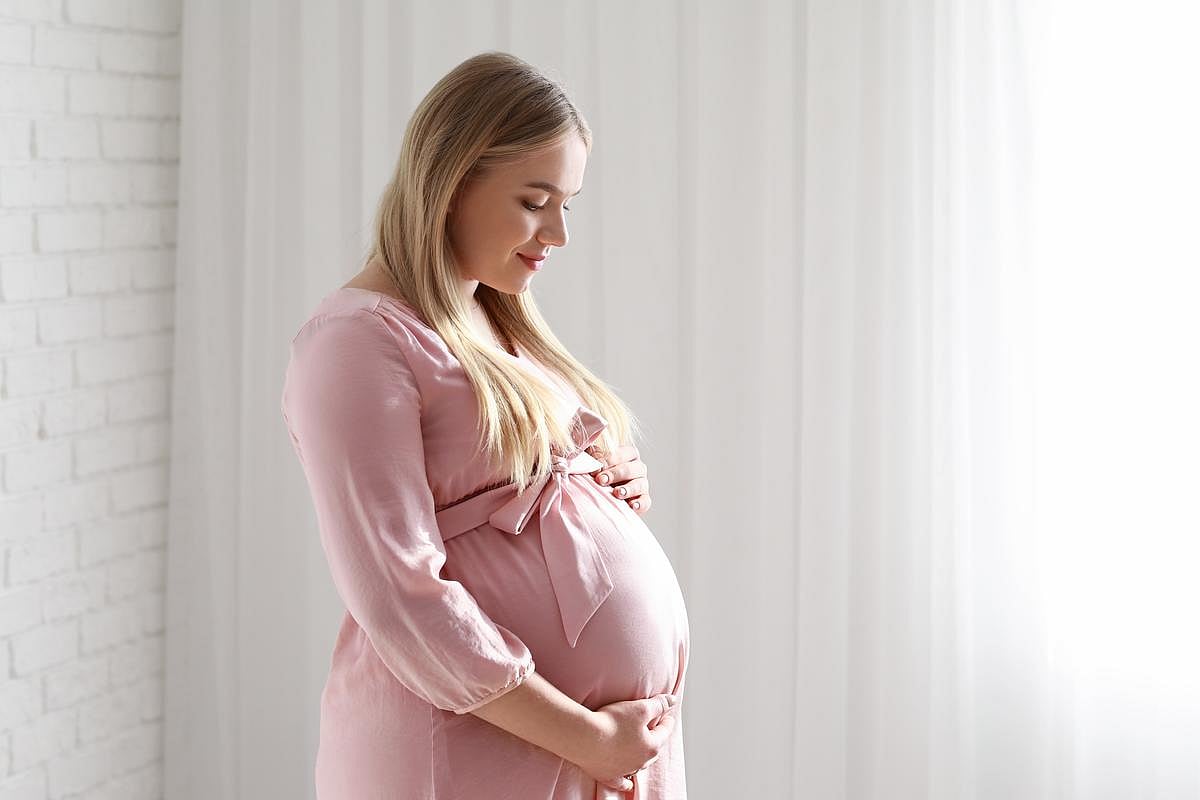
How children respond to movement could provide an early means of detecting autism, a new study says. Children with autism are known to prefer watching repetitive movements over random movements, researchers said. Using eye-tracking methods, a research team found that children with suspected autism spent longer watching repeated movements than random ones, when both were… read on > read on >


















